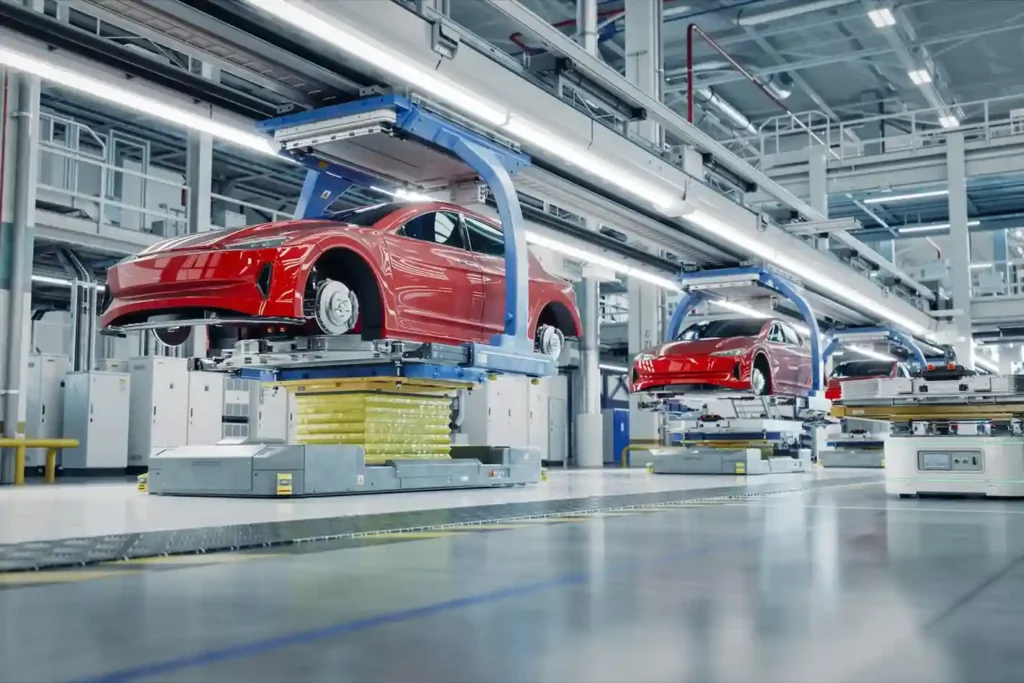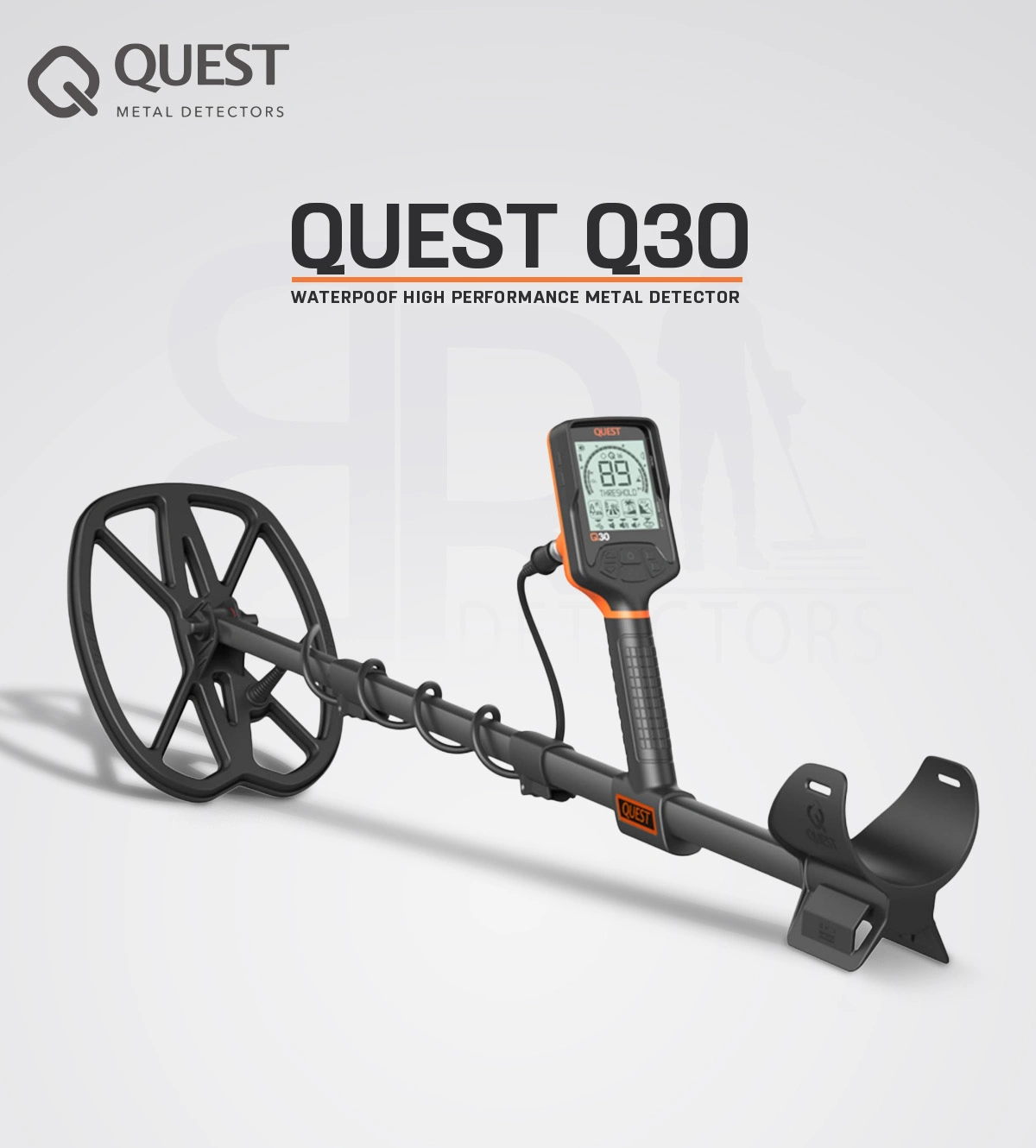The automotive industry is one of the largest and most influential sectors in the global economy. It encompasses everything from vehicle design, production, and sales to aftermarket services and advancements in automotive technology. Over the years, the industry has witnessed significant innovations that have transformed how people travel, work, and live. This article delves into the fascinating world of automotive, exploring its history, modern technologies, and future trends.
A Brief History of the Automotive Industry
The birth of the modern automobile is credited to Karl Benz, who in 1886 developed the first gasoline-powered car. However, the mass production of automobiles began with Henry Ford’s introduction of the assembly line in 1913. Ford’s Model T revolutionized the industry, making cars affordable and accessible to the general public.
Over the decades, major automakers such as General Motors, Mercedes-Benz, and Toyota have played pivotal roles in shaping the industry. The post-World War II era saw a boom in car manufacturing, with innovations such as automatic transmissions, power steering, and fuel injection systems becoming standard features.
Key Components of an Automobile
Engine
The engine is the heart of a vehicle. It converts fuel into mechanical energy, enabling the car to move. Engines come in different types, including gasoline, diesel, electric, and hybrid. Each has unique features that cater to varying needs in terms of power, efficiency, and environmental impact.
Transmission System
The transmission system ensures the engine’s power is transferred to the wheels. Vehicles can have manual, automatic, or continuously variable transmissions (CVT), each offering different driving experiences and efficiency levels.
Suspension and Brakes
The suspension system supports the car’s weight, ensures stability, and absorbs road shocks. The braking system, which includes disc and drum brakes, is crucial for vehicle safety, allowing the car to stop or slow down as needed.
Electrical System
Modern vehicles rely heavily on sophisticated electrical systems that power everything from headlights and wipers to the infotainment systems and onboard computers.
Body and Frame
The body and frame provide the structural integrity of the vehicle, protecting passengers and components during collisions. Advanced materials such as high-strength steel and carbon fiber are increasingly used for lighter, safer vehicles.
Automotive Innovations and Technologies
The automotive industry has consistently been at the forefront of technological advancements. Some of the most significant innovations include:
Electric Vehicles (EVs)
Electric cars, such as Tesla’s lineup and the Nissan Leaf, have gained tremendous popularity due to their eco-friendly nature. EVs use electric motors powered by batteries, producing zero emissions and requiring less maintenance compared to traditional gasoline engines.
Autonomous Driving
Self-driving cars are no longer a futuristic dream. Companies like Waymo, Tesla, and Uber are developing autonomous vehicles capable of navigating roads with minimal human input. While fully autonomous vehicles are still in testing, semi-autonomous features like lane-keeping assist and adaptive cruise control are already available.
Connected Cars
Vehicles are becoming more connected, allowing for real-time data sharing and integration with smartphones and other devices. Features such as GPS navigation, remote vehicle control, and internet connectivity are becoming standard in many modern cars.
Advanced Safety Features
Innovations in safety technology have significantly reduced the risks associated with driving. From airbags and anti-lock brakes to lane departure warning systems and automatic emergency braking, these features are designed to prevent accidents and protect passengers.
Fuel Efficiency and Hybrid Technology
As concerns about environmental sustainability grow, automakers are focused on improving fuel efficiency and developing hybrid vehicles that combine gasoline engines with electric motors. This reduces emissions and improves mileage, making vehicles more eco-friendly.
Current Automotive Industry Trends
Sustainability and Eco-Friendly Practices
The industry is under increasing pressure to adopt sustainable practices. This includes using recycled materials, reducing waste in manufacturing, and developing vehicles with lower carbon footprints.
Rise of Electric Vehicles (EVs)
Governments around the world are introducing stricter emission regulations, pushing automakers to shift towards electric and hybrid vehicles. The demand for EVs is expected to grow exponentially in the coming years as charging infrastructure improves and battery technology advances.
Shared Mobility
The rise of ride-sharing services like Uber and Lyft, along with the growing popularity of car-sharing platforms, is changing how people use and perceive cars. Instead of ownership, many are opting for flexible, pay-per-use options.
Smart Manufacturing and Industry 4.0
The automotive industry is embracing Industry 4.0, which includes the use of robotics, artificial intelligence (AI), and the Internet of Things (IoT) in manufacturing. These technologies enhance efficiency, reduce production costs, and improve product quality.
Consumer Preferences and Customization
Modern consumers are demanding more personalized experiences. Automakers are offering customizable vehicles with options for different color schemes, interiors, and performance features. This trend is particularly strong in the luxury car market.
Challenges Facing the Automotive Industry
Supply Chain Disruptions
The global automotive supply chain has faced significant disruptions in recent years, largely due to the COVID-19 pandemic. Chip shortages, material scarcities, and logistics issues have delayed vehicle production and affected the availability of new cars.
Environmental Regulations
As governments impose stricter environmental regulations, automakers must invest heavily in research and development to create vehicles that comply with new emission standards. This often increases production costs and requires significant capital investment.
Technological Integration
As vehicles become more connected and technologically advanced, automakers face the challenge of integrating complex systems without compromising vehicle safety or reliability. Data security and privacy are also major concerns as vehicles collect more information about drivers.
The Future of the Automotive Industry
The future of the automotive industry looks promising, driven by innovation and sustainability. Electric vehicles, autonomous driving, and shared mobility will likely dominate the market in the coming decades. Governments and industries will need to work together to develop infrastructure, regulations, and technologies that support this shift.
Moreover, advancements in battery technology, AI, and connectivity will further enhance the driving experience, making cars safer, smarter, and more efficient. As these trends continue to evolve, the automotive industry will remain a cornerstone of global economies and everyday life.
The automotive industry has come a long way since the days of the Model T, transforming into a complex and dynamic sector that touches nearly every aspect of modern life. With innovations in electric vehicles, autonomous driving, and sustainable practices, the industry is poised for even greater advancements in the future. Whether you are an automotive enthusiast or a casual driver, the developments in this field will continue to shape how we move and interact with the world around us.




